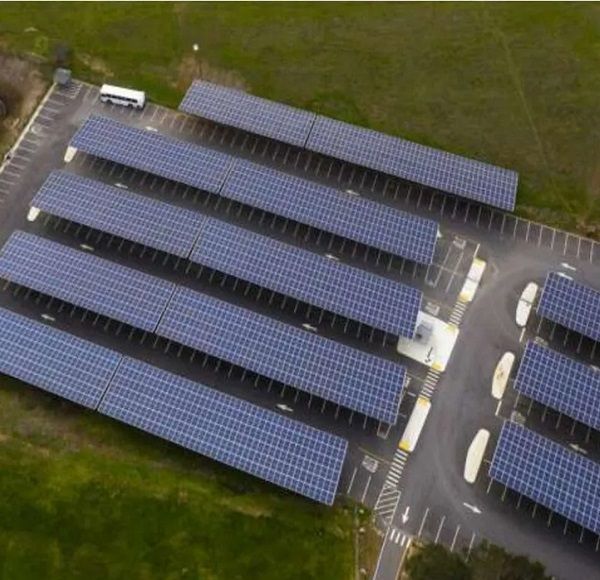Disruptions to power transmission lines are a common phenomenon across the globe. Strong winds often disrupt a power line, leaving a community in darkness for extended periods, posing inconveniences and potential hazards.
Addressing this common challenge, a research team from the University of California – Santa Cruz led by assistant professor Yu Zhang is employing innovative methods to enhance power systems’ efficiency, dependability, and robustness. For this, they have devised an artificial intelligence (AI) centered strategy to intelligently manage microgrids intelligently, ensuring effective power restoration in the event of outages.
Smart solution
Modern electricity systems are smart, integrating computers and sensors for enhanced functionality. They often incorporate local renewable sources like solar panels and wind turbines, with backup generators and energy batteries supporting some buildings. This diverse mix of power sources allows for localized outage solutions, utilizing alternative energy before the main power is restored.
Microgrids play a crucial role in distributing electricity to small areas like buildings or towns, operating connected to the main utility and independently in “islanding mode.” Professor Zhang’s team focuses on optimizing microgrid functionality, efficiently utilizing renewable sources, generators, and batteries to restore power promptly and effectively.
Researchers devised an AI-driven methodology known as deep reinforcement learning to achieve optimal operation of microgrids. This concept, akin to the principles underlying extensive language models, has been employed to construct a practical framework. This framework encompasses models of various components within the power system, facilitating efficient microgrid operation.
“We’re modeling a whole bunch of things—solar, wind, small generators, batteries, and we’re also modeling when people’s electricity demand changes. The novelty is that this specific flavor of reinforcement learning, which we call constrained policy optimization (CPO), is being used for the first time,” said Shourya Bose, a Ph.D. student in Zhang’s lab, in a statement.
Real-time conditions
The researchers’ CPO strategy considers current conditions in real-time and leverages machine learning to identify enduring patterns impacting renewable energy output. These patterns encompass fluctuating grid demand and intermittent weather conditions affecting renewable sources.
This approach stands in contrast to conventional systems that frequently rely on model predictive control (MPC). According to the team, this method makes decisions based solely on the prevailing conditions during the optimization process.
For instance, if the CPO predicts abundant sunlight in an hour, it optimally consumes solar energy, anticipating replenishment. This contrasts with its approach on cloudy days. Additionally, the system learns from long-term grid patterns in solar utilization.
The team claims that their CPO method “significantly outperforms traditional model predictive control (MPC) methods when the forecasts of renewable sources are lower than reality because of their better understanding of all the possible solar profiles throughout any given day,” said a statement.
Having crafted a successful algorithm in simulations, the research team is now testing it on lab microgrids. Their ultimate goal is to apply the solution to address outage concerns in the UC Santa Cruz campus’s energy system. The researchers aim for broader industry interest and collaboration in the future.
Source: IE










